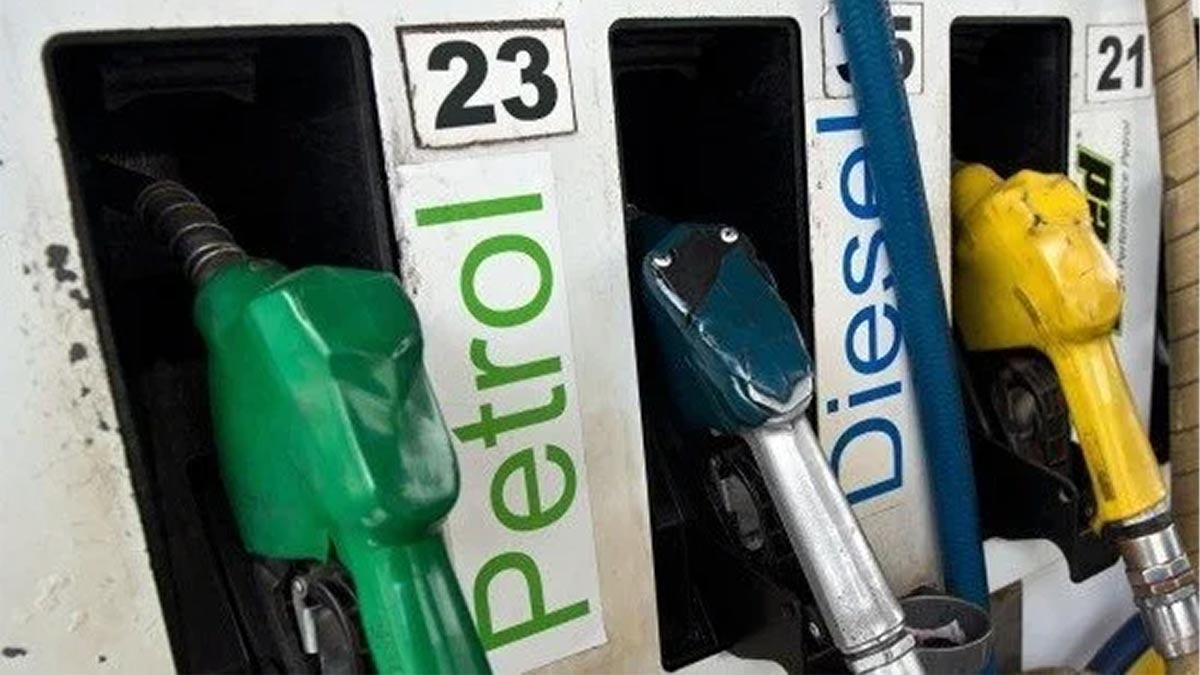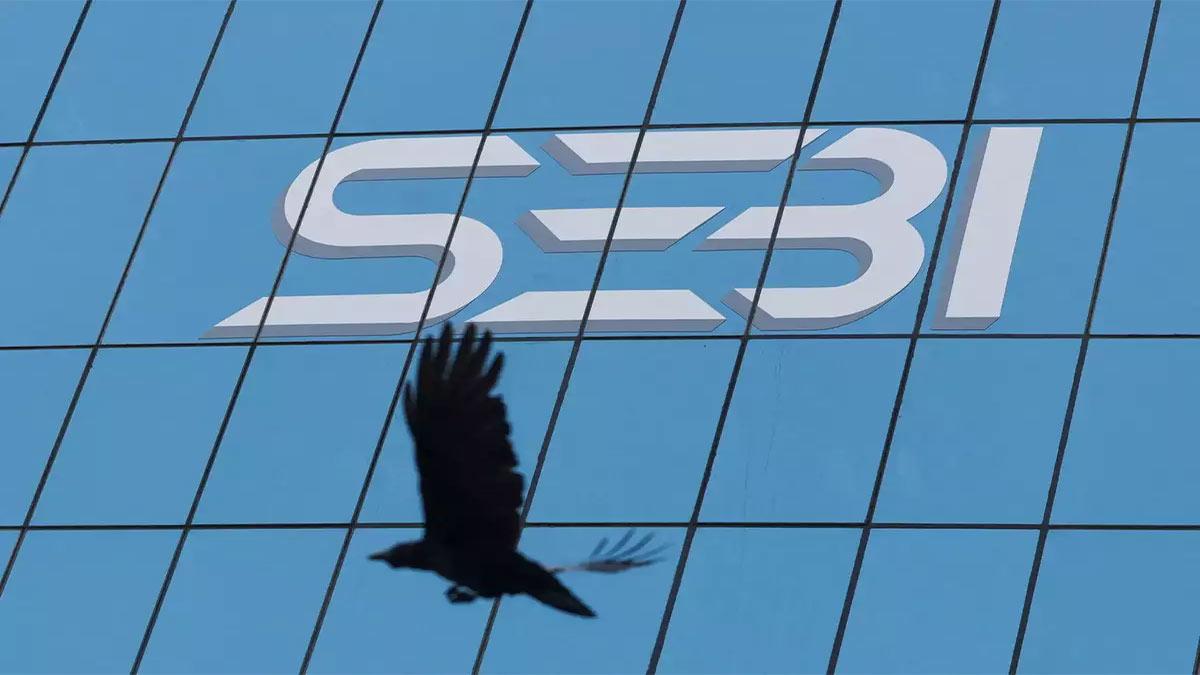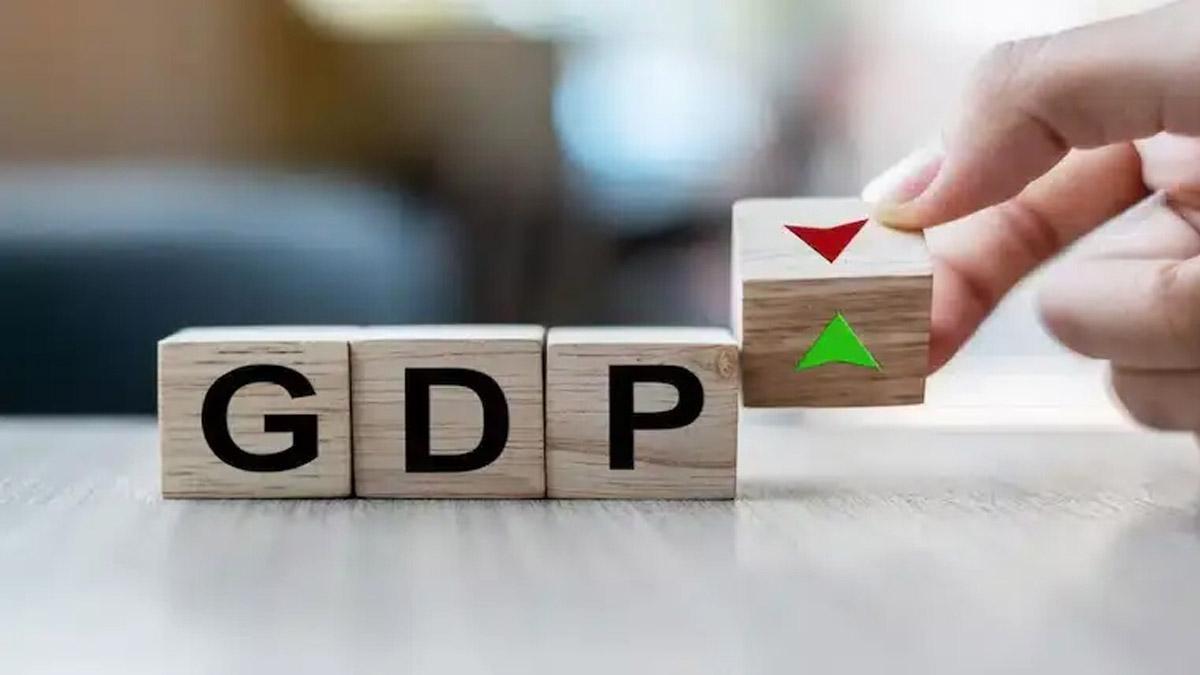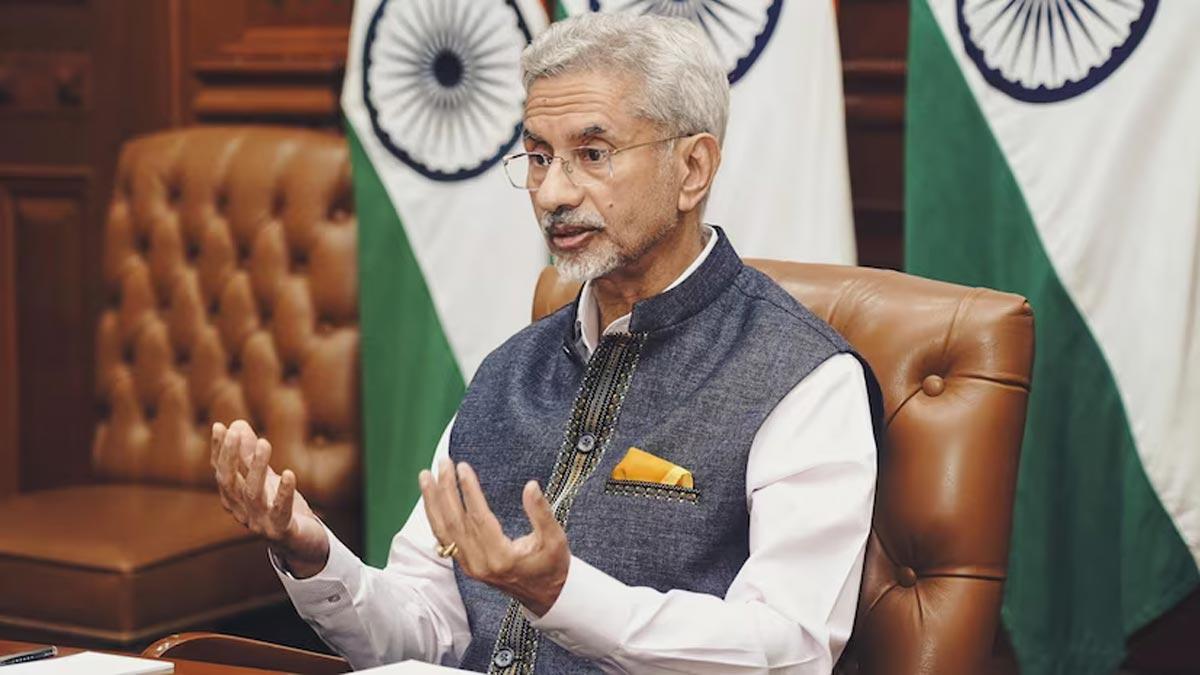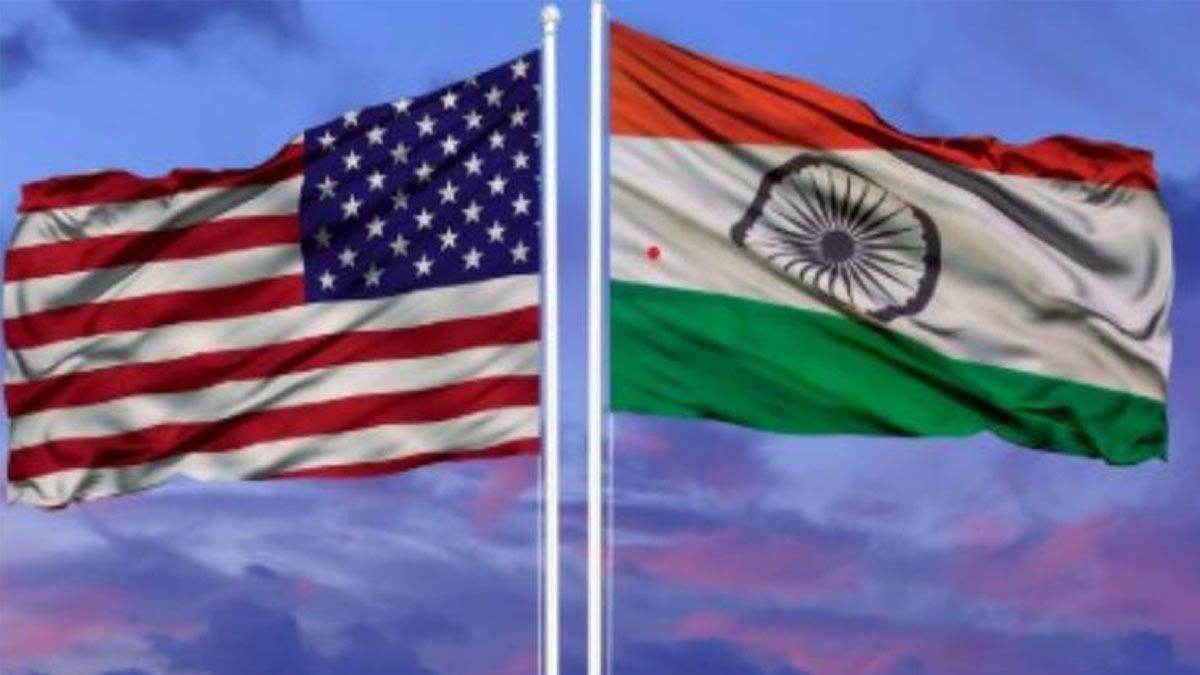In a savvy budgetary step, the Indian government today declared a ₹2 a litre increase in excise duty on petrol and diesel, from Tuesday. But consumers will not have to shell out an increase in pump prices, due to a steep fall in global crude oil prices.
As per the Ministry of Petroleum and Natural Gas, the higher levy will not affect fuel prices at the retail level, as oil marketing firms like Indian Oil Corporation and Bharat Petroleum are reaping better margins due to declining global crude prices.
The PSU Oil Marketing Companies have informed that there will be no hike in retail prices of petrol and diesel, following the hike achieved in Excise Duty Rates today," the ministry said on X (formerly Twitter).
After revising, the excise duty on petrol is now ₹13 per litre and diesel duty has gone up to ₹10 per litre.
The action is likely to assist the government in shoring up revenue without hurting consumers, with global crude prices having fallen to their lowest in four years. Benchmark Brent crude has fallen by almost 4% to $63.15 a barrel, while U.S. West Texas Intermediate (WTI) has fallen to $59.57 — both the lowest since April 2021.
The drop is due to concerns of a global economic downturn precipitated by rising U.S.-China trade tensions, as well as the recent move by the OPEC+ cartel to increase production. In the meantime, Saudi Arabia cut crude prices for Asian customers by as much as $2.3 a barrel, adding to the pressure for the price to fall.
For India, the world's third-largest oil importer, this decline in prices is a blessing. The nation imports approximately 85% of its crude oil requirements, so the lower prices will presumably soften its import bill, shrink the current account deficit (CAD), and boost the rupee. Further, lower oil prices will have a deflationary effect, softening domestic fuel and LPG prices, possibly lowering inflationary pressures.
Another key factor supporting India's oil economics is its ongoing purchase of discounted Russian crude, in spite of geopolitical tensions. In response to Western sanctions levied against Moscow following the Ukraine war, India has stepped up its imports of oil from Russia, becoming the biggest consumer of Russia's seaborne crude.
Russia has now surpassed long-time suppliers Iraq and Saudi Arabia to become India's leading crude supplier, providing almost 38% of the nation's overall oil imports—a move that highlights India's strategic energy diplomacy in the Modi era.
Read also| Trump Vows to Maintain Tariffs Until U.S. Trade Deficit Is Eliminated
Read also| Swiggy Hit with Over ₹165 Crore Tax Demands; Company Anticipates Minimal Financial Impact

